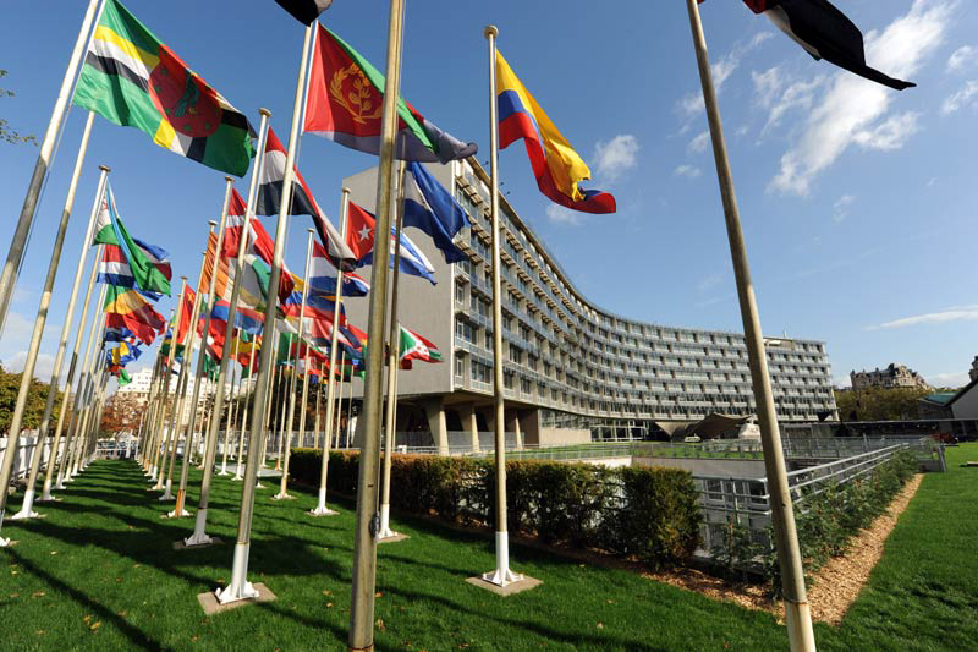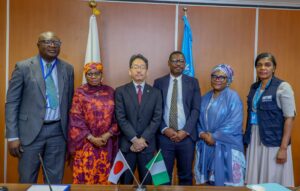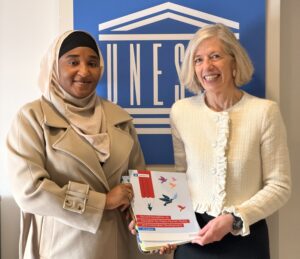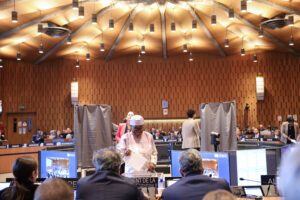
About UNESCO
Founded on 16 November 1945, the United Nations Educational, Scientific and Cultural Organization (UNESCO) is the intellectual agency of the United Nations. It was created on the principle that lasting peace cannot be achieved through political and economic agreements alone, but must be grounded in the moral and intellectual solidarity of humanity.
UNESCO’s mission is to build a culture of peace, promote sustainable development, foster intercultural dialogue, and contribute to the eradication of poverty through its work in education, the sciences, culture, communication, and information.
As former Director-General Irina Bokova (2009–2017) said:
“UNESCO has all the qualifications to bring an intellectual and humanist response to globalization and economic crises. Culture, art, sciences, education, communication, and knowledge are the real values that form the essence of humanity.”
Governing Bodies
The Executive Board
The Executive Board is elected by the General Conference every two years and comprises 58 Member States from UNESCO’s six regional groups. Members may serve up to two consecutive four-year terms.
The Board ensures equitable geographical representation, cultural diversity, and expertise in at least one of UNESCO’s core mandate areas. Its main responsibilities include:
- Overseeing implementation of programmes adopted by the General Conference
- Examining the Programme and Budget (C/5) and providing recommendations
- Advising the UN and other bodies on UNESCO-related matters
- Recommending appointments, including the Director-General, and admitting new Member States
Nigeria is an active member of the Executive Board, having been elected at the 42nd General Conference in 2023.
The General Conference
The General Conference is UNESCO’s supreme policy-making body, meeting every two years to approve the Organization’s Medium-Term Strategy (C/4) and Programme and Budget (C/5). It defines UNESCO’s priorities, policies, and global programmes, setting the framework for the work of the Organization until the next session.
At the 43rd General Conference, UNESCO confirmed the election of a new Director-General, Mr. Khaled El-Enany, succeeding Audrey Azoulay, ensuring continuity in leadership and the strategic direction of UNESCO’s global agenda.
The Conference also elects members of the Executive Board, admits new Member States, and provides a platform for international dialogue on pressing issues in education, science, culture, communication, and information.
Through its governance structures, programmes, and partnerships, UNESCO continues to support Member Statesincluding Nigeria in building inclusive, knowledge-driven, and resilient societies, while fostering global cooperation to address the world’s most urgent social, cultural, and scientific challenges.
UNESCO Programme Sectors
UNESCO structures its work around six interlinked programme sectors, each contributing to sustainable development, peace, and global cooperation:
- Education
- Promotes inclusive, equitable, and quality education for all
- Advances digital learning, teacher development, literacy, and skills for the future
- Supports SDG 4 and national education reforms
- Natural Sciences
- Strengthens science, technology, and innovation (STI) systems
- Promotes international scientific cooperation on environmental, water, climate, and emerging technology challenges
- Supports research, policy development, and Category 2 Centres
- Culture
- Safeguards tangible and intangible cultural heritage
- Promotes cultural diversity, creativity, and the creative industries
- Advances intercultural dialogue and sustainable tourism
- Social and Human Sciences (SHS)
- Builds inclusive, peaceful, and equitable societies
- Promotes human rights, youth empowerment, ethics, and governance
- Supports peacebuilding, conflict prevention, and ethical frameworks for AI and emerging technologies
- Communication & Information
- Strengthens freedom of expression, pluralistic media, and access to information
- Promotes digital literacy, media literacy, and responsible information ecosystems
- Nigeria to host the newly approved International Media and Information Literacy Institute (IMILI)
- Intersectoral Programmes & Priorities
- Supports cross-cutting initiatives addressing sustainable development, climate action, gender equality, and global knowledge-sharing
- Encourages partnerships with governments, civil society, and international organizations to achieve UNESCO’s global mission




